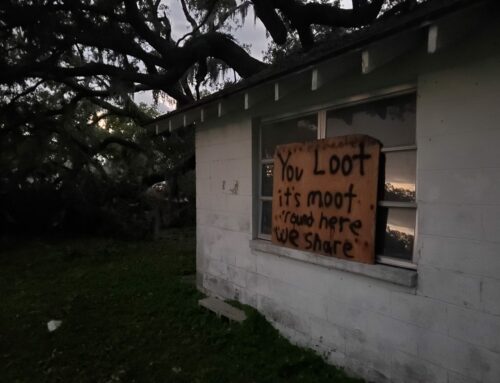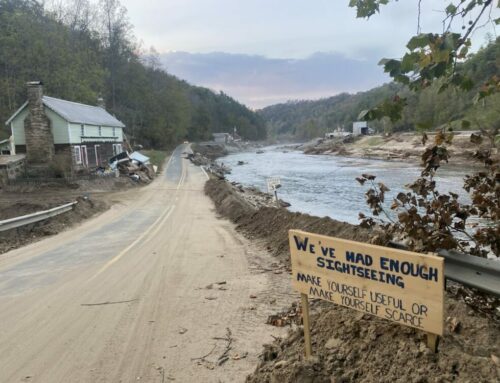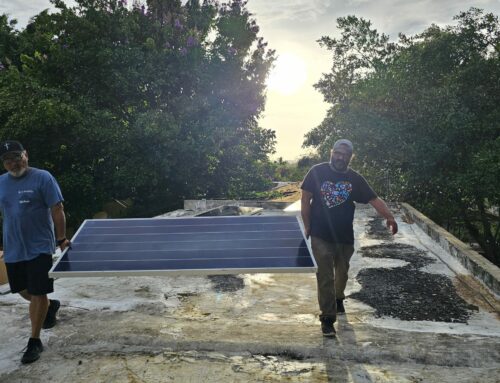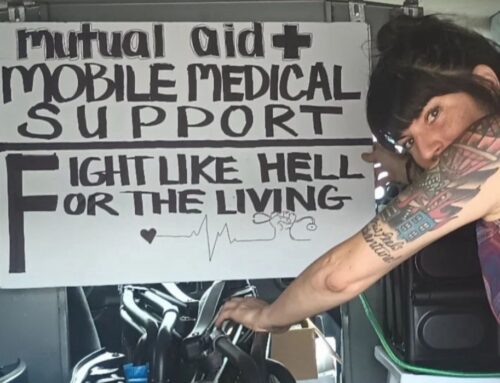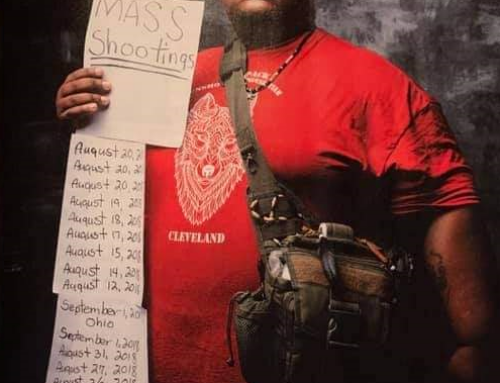At the end of last year, we wrapped up our second workshop tour. Over three months, we worked our way from Albuquerque to San Diego, then north toward Seattle, and across the midwest into Wisconsin, making a total of 21 stops. In traveling west, we wanted to understand the unique disasters that communities are facing, the lessons they’ve already learned, and explore how a grassroots network could carry resources, information, and stories across the so-called U.S. Click here to read our reflection on the Fall tour.
Community members we visited in Chico during the tour soon after responded to the fires under the name North Valley Mutual Aid. To keep up with what they are doing, check out their Facebook page. Meanwhile, Mask Oakland, 805 Undocufund, and others are also proliferating the movement for autonomous, solidarity-based disaster relief.
Interested in the content of the workshops, but couldn’t make it to one of our stops, or wanting to hold workshops in your own community? Read our Facilitation Guide.
In December, we experienced the nonprofit industrial complex up close and personal in Panama City after Hurricane Michael, when tent city residents were evicted after a nonprofit took over the encampment survivors and workers created. To read more about that series of events, click here.
To read other updates from the last couple months, click here.
To listen to “Facing the Disaster: Looking Back on a Year of Autonomous Relief” (a reflection on our efforts last year, including responses to Hurricanes Florence, Hurricane Michael, continuing solidarity with people in Puerto Rico and the cross-country tours) click here.
The disasters just keep coming. Recently there was a sewage spill on Suquamish land in the Northwest, flooding in California, and tornadoes in Alabama. And in the Midwest and North-east the Polar Vortex, as with the fires and hurricanes, had incarcerated workers bearing the brunt of the extreme weather. For many, the government shutdown, creation of a border wall, and roundup and deportation of hundreds of thousands of immigrants is a disaster every bit as devastating as a hurricane or fire.
Many of us know the need for this work intuitively, but there is ever growing evidence that relief by large organizations favors the already wealthy and privileged.
As disasters become more and more the new norm, we face the necessity for adaptation and growth. In the words of Raul Zibechi, “This new reality disables our old strategies and forces us to build “arks” (or however each one wants to call the spaces of autonomy and self-defense) that we need to not shipwreck and die in the storm”.
In addition to trauma related to exposing oneself to suffering, some of us face the added trauma of state repression. No Mas Muertes (No More Deaths) volunteers have been given fines and probation for putting water in the desert for migrants. More trials for the grassroots humanitarian aid volunteers, including federal felony charges, are scheduled for May 2019.
But on a positive note, more and more collectives and individuals are integrating mutual aid survival programs into their organizing efforts. Many people across the country marked the anniversary of the J20 arrests by creating or expanding these programs in their home communities. On the border, resistance camps are springing up and connecting the dots between indigenous rights, and migrant justice, a position that will become ever more necessary since climate scientists and migration experts expect the number of climate refugees to potentially rise to hundreds of millions in the not so distant future.
As for upcoming events, a regional Mid-Atlantic autonomous disaster relief skillshare gathering will be held at the end of March for folks in the North/South Carolina and Virginia bioregion, and there are whispers of a similar regional gathering in Florida as well as a Mutual Aid Fire Summit in Oregon.
In the realm of art, be on the lookout for the film Fire and Flood: Queer Resilience in the Era of Climate Change, and Counting Pebbles, a new play about trauma and resilience among emergency medical responders.
We are sporadically still on the ground, responding with supplies, medical assistance, solar infrastructure, and more. But to a large extent, we are in a period of self-reflection, integrating our experiences as well as more comrades, asking ourselves big questions such as how to be more effective and sustainable, and skilling up in preparation for future disasters.
We believe in what we are building together. Only a movement of movements can help us survive the spectre of climate devastation that looms on the horizon. But we find solace and hope in seeing this movement of movements grow. And in seeing the courage, compassion, and ingenuity of so many disaster survivors and people like you who are doing the work of building a better world and dreaming with your hands in countless ways.
Yours in struggle,
– Mutual Aid Disaster Relief

